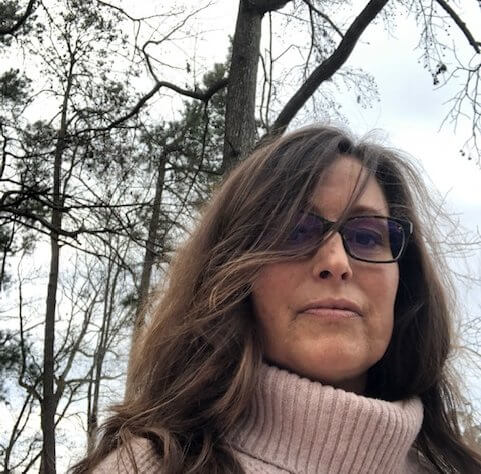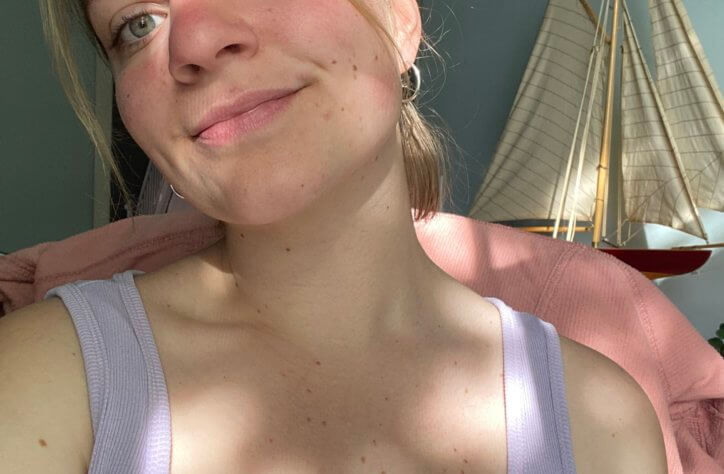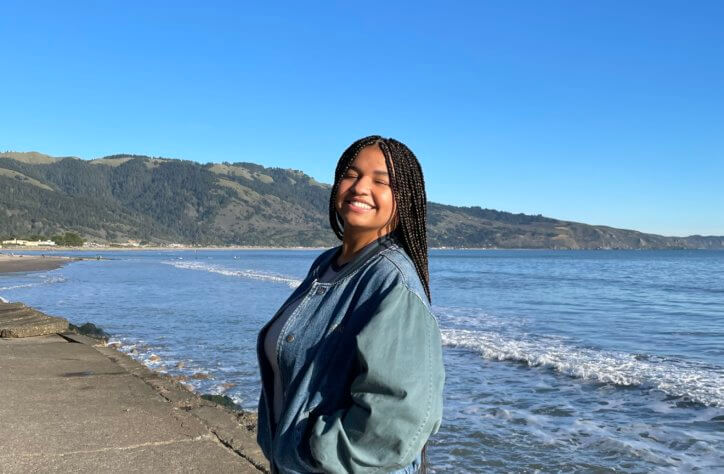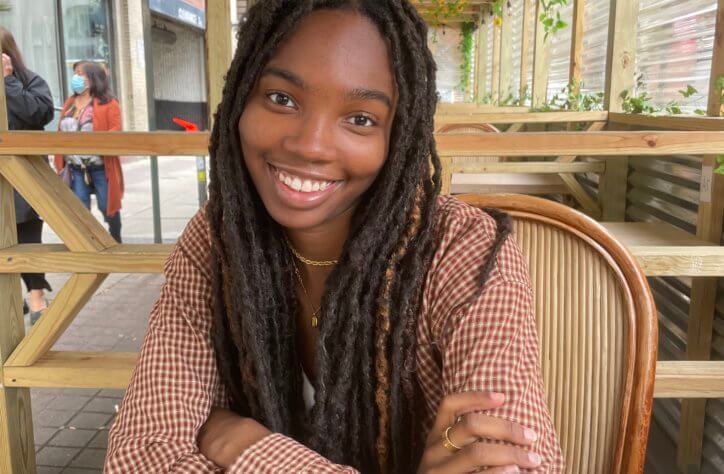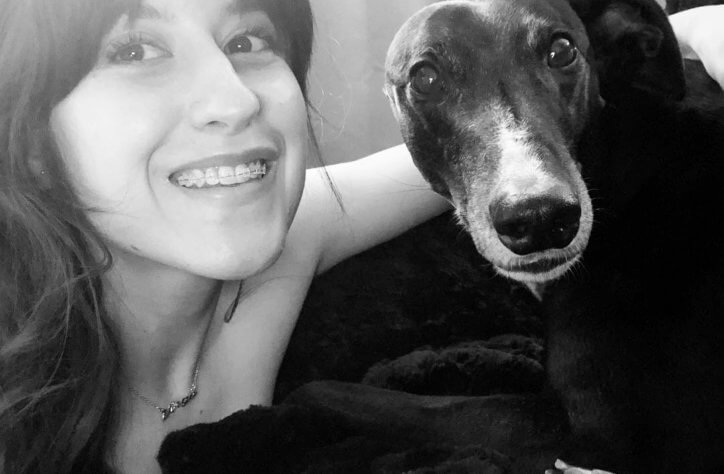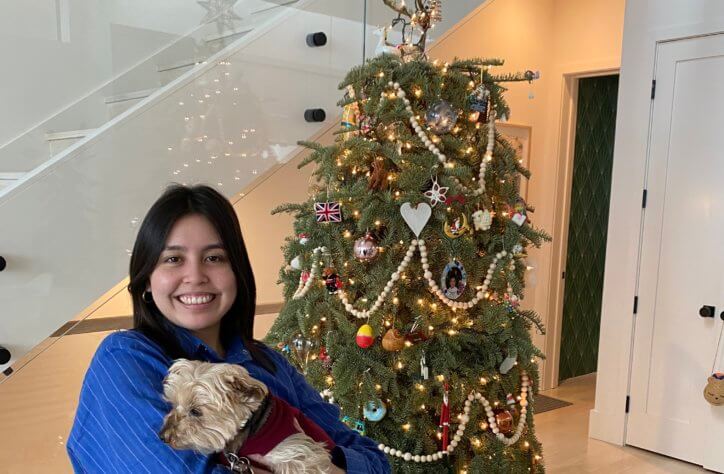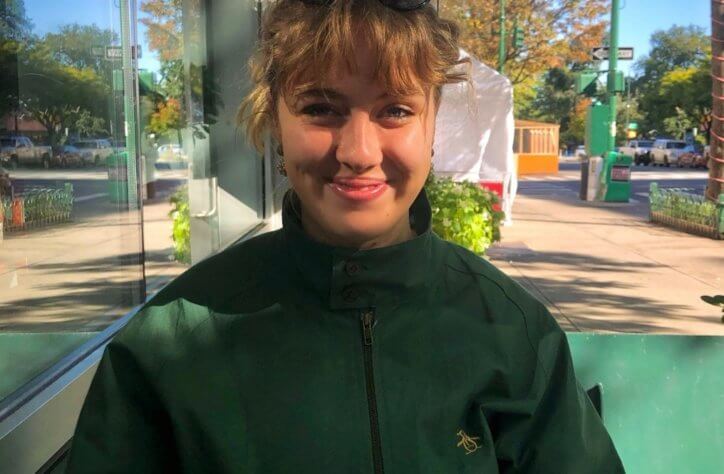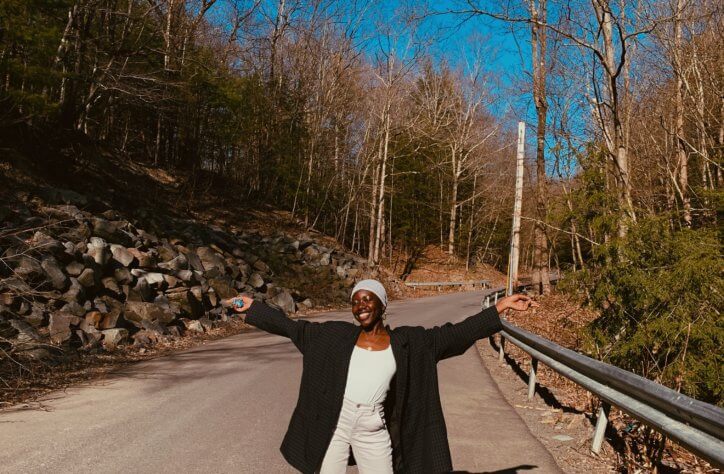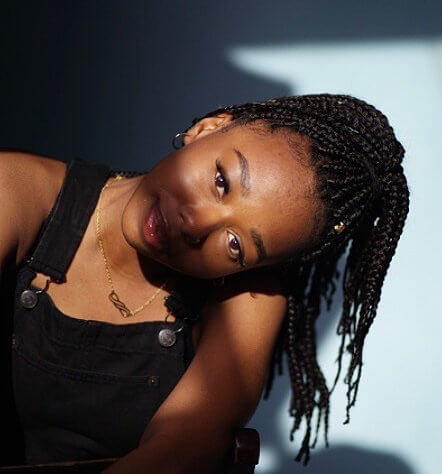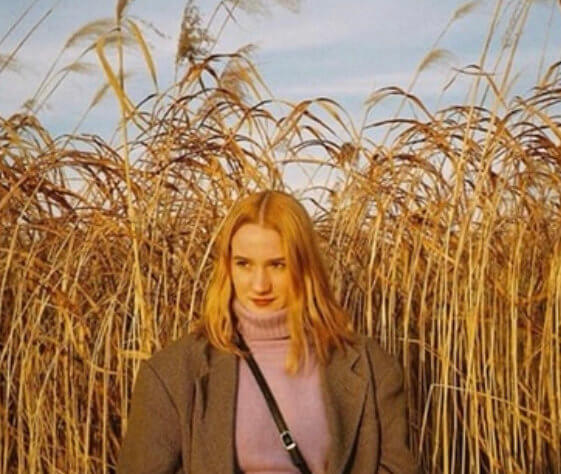On June 22nd of this year, my amazing Dad unexpectedly passed away at 56 years old.
We announced it on social media, just wanting to spread the word, a devastatingly instant way of informing thousands of people of this tragic, earth-shattering moment in mere seconds. We received hundreds of letters from friends, colleagues, even people we as a family had never met, all people who love and admire and cherish my dad, all wanting to send their condolences. We ran out of vases for the bouquets of flowers, our freezer was overflowing, and for people with such little appetite, the amount of food we had was sickening; but behind every parcel, every stamp, we knew were people wishing us the best. Swaddling ourselves in this tenderness and in the huge amounts of love for my brilliant Dad is the only thing close to a comfort in this time. It’s when you step into the outside world and are confronted with the terrifyingly mundane that you realise – no one has a clue.
My first real experience of this was the week of the funeral. Our dog had to have a routine check-up, and for some reason, maybe adrenaline, maybe something else, we didn’t think to postpone it. So, after a long morning of emotional admin, we drove to the vets, my mum too devastated to drive, and me just focusing on ticking another job off our very long list. It was when I was standing there, watching my incredible mum manage to make small talk with a friendly woman outside the vet’s surgery, that I realised that no one knows. I looked around and realised that not a single person knew about our situation; the trauma that we’ve been going and still continue to go through, and the extraordinary courage my Mum is displaying in that moment just by having a conversation with a stranger. I realised that that woman would probably go home and not even think twice about us, or if she did, probably consider momentarily that we were aloof, or rude, or not very chatty, before getting on with her day. There’s no way that she’d think we were at the very beginning of intense and horrendous grief, and of course, there’s no reason why she should.
Since this moment, this realisation has hit me repetitively at different moments over the last few months. One of the most obvious examples was when I burst into tears in a restaurant, and a waitress started assuring me that “he wasn’t worth it”, and to “not waste my tears on a boy”…! This poor woman had no idea what I was going through and just saw a 20 year old girl crying in the middle of a crowded restaurant. I am so absorbed by my own grief that I assume it is painted on my face, but this made me realise that, even though I was publicly crying, there was no reason why this woman know I was in deep mourning, instead of crying over a useless boyfriend. The countless strangers we communicate with every day are completely oblivious to our daily struggle and our overwhelming grief. And, of course, there is no reason why they should know.
I’ve started to realise that this is merely a direct reaction from how terrible we are as a society at dealing with death, and from this, grief. This is most clear to me when simply comparing our society’s mourning to those who came before us. Previously, in Georgian and Victorian Britain, a family would be in “deep mourning” for a whole year, demonstrated by dressing in all black and avoiding social interactions for 12 months. Only after a whole year could you then start progressing through the different formal signs of mourning. This is by no means the perfect system of mourning, and I’m sure it created its own set of troubles, but from where I’m standing now, an physical outward signs of inward grief seems a comforting way of demonstrating loss to those around us in public. Now, if I wanted to dress in all black when doing the weekly shop or attending university classes, I’m confident strangers wouldn’t assume this was to demonstrate grief.
Not only this, but there is such an emphasis on “carrying on”, and “being strong” to those who experience death in our society. Grief is not the time to be strong, and showcasing your mourning is not a sign that you are stagnant or failing in anyway. The fact that you are expected to keep working, eating, sleeping, even living after such a horrendous trauma demonstrates our society’s inept and misjudged understanding of loss. For a subject which is as monumental and all-effecting as death, we are terrible at talking or acknowledging loss, and everything that comes with it. We have seemed to have lost the ways of mourning and left them in the past, even though the intense and horrifying effects of death and grief have not subsided in anyway.
The amount of occasions in the last few months where I’ve wished strangers could read my mind and understood what I was going through has been unparalleled; where there could be some symbol so I don’t have to explain myself or tell anyone what’s happened – they just know that I’m grieving. Because, at the same time as I want people to know, there is absolutely nothing more traumatic and upsetting than saying those words out loud.
As such, consider this my very public heartfelt plea for understanding. It is so true that we have no idea what other people are going through, and what private issues everyone is facing in their own lives. At no time for decades has this been more overwhelmingly true than during this Coronavirus pandemic, where millions of people globally have lost not only livelihoods and the ability to feel joy, but also so many loved ones and in such traumatic circumstances. In this dystopian world we find ourselves in, and until we as a society learn how to mourn openly, let’s try to be more understanding, more empathetic and more loving. Let’s just give everyone a bit of breathing space (both physically and metaphorically) and try to be kinder, because, let’s face it, we don’t have a clue.
